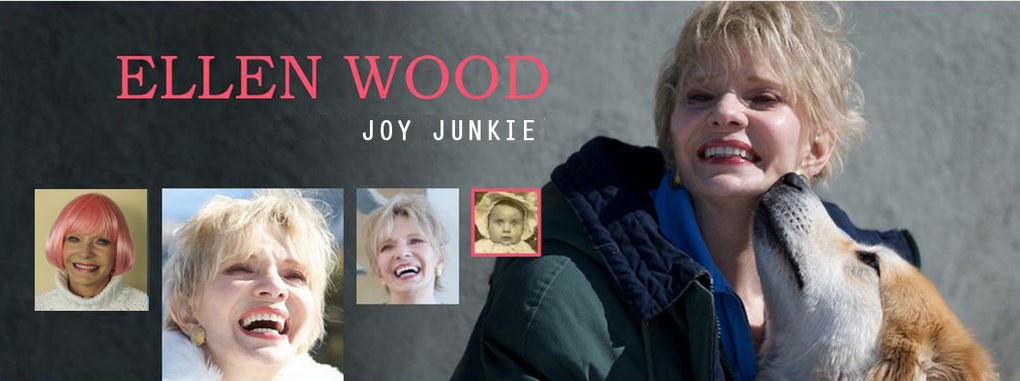In the past decade hundreds of clinical trials, at an aggregate cost of over one billion dollars, have been conducted to find the ONE cure for Alzheimer’s Disease. But they all came up empty.
It turns out that there is a cure for early Alzheimer’s, including short term memory loss– but it’s not one particular drug or toodling with one specific gene. In fact, it’s not ONE thing at all.
In a small joint study, scientists from UCLA Mary S. Easton Center for Alzheimer’s Disease Research and the Buck Institute for Research on Aging found that memory loss may be reversed, and improvement sustained, using a lifestyle program that involves comprehensive changes in diet, brain stimulation, exercise, meditation, supplements and multiple additional steps that affect brain chemistry.
Sounds almost exactly like the program I developed for myself in 2004 when evidence of my mental decline became progressively worse. My symptoms were very much like the early part of Alzheimer’s Disease that had claimed my mother ten years before: I was making copious notes because of short term memory loss; I didn’t ask a question because Icouldn’t remember if I had just asked it; and my tongue kept tripping on words, if I could evenfind the word.
Some of the ten participants in UCLA/Buck Institute’s study had symptoms similar to mine. For example, patient 3’s memory was so bad that she used an iPad to record everything, then forgot her password. Her children noticed she commonly lost her train of thought in mid-sentence, and often asked them if they had carried out the tasks that she mistakenly thought she had asked them to do.
The study was conducted by Dr. Dale Bredesen, UCLA’s Augustus Rose Professor of Neurology, director of the Easton Center and the paper’s author. Although other chronic illnesses such as heart disease, cancer and HIV have been improved through the use of combination therapies, this is the first time a clinical trial has been conducted for Alzheimer’s by combining a number of therapies.
Dr. Bredesentheorized that, rather than a single targeted agent, the solution might be a multiple-component system approach. “The existing Alzheimer’s drugs affect a single target, but Alzheimer’s Disease is more complex. Imagine having a roof with 36 holes in it, and your drug patched one hole very well,” he said. “The drug may have worked, and a single hole may have been fixed, but you still have 35 other leaks, and so the underlying process may not be affected much.” Dr. Bredesen added that although the findings are “very encouraging,” the results are largely anecdotal and a more extensive, controlled clinical trial is needed.
Of course, integrative functional medical practitioners have been combining diet and other lifestyle and healing techniques for decades to successfully reverse mild impairment associated with Alzheimer’s. They just did not have the necessary financing for clinical research studies.
In the UCLA/Buck Institute study, cognitive decline was reversed in nine of the ten participants. The patient who had been diagnosed with late stage Alzheimer’s did not improve.
The global burden of dementia is astounding, and on the rise. Alzheimer’s disease is now the third leading cause of death in the United States, after heart disease and cancer. There are currently 5.2 million Americans with AD, and 75 million young Americans with the most important genetic risk factor, APO-e4, the Alzheimer’s geneI inherited.
Cognitive decline can be reversed.I did it with my program of mind body spirit practices I developed and began using in 2004 and shared with the world in the books I have published. Today, at 81 years old, I am strong and healthy in mind body and spirit – and very grateful.
Ellen Wood of Taos, NM is an inspirational speaker and award-winning author of “Think and Grow Young.” Her new book is “Joy! Joy! Joy! 7 Mind Body Spirit Self-Help Practices to Relieve Stress and Anxiety, Reverse Memory Loss and Live Happy.” Contact her at ellen@bookofjoyjoyjoy.com.


No comments:
Post a Comment